“COURTING THE NOW"
by D.D. Jackson
[originally published in DownBeat magazine, Aug./05]
For some time I participated in a weekly series of basketball games organized by alto saxophonist Vincent Herring and his wife at a nearby Brooklyn gym. When I began playing, I was comforted that all of the other players were also jazz musicians. I presumed we would share a desire not to do any damage to our hands and other body parts. However, after a few sprained fingers and a sprained ankle in the ensuing weeks, it became apparent just how much the same competitive instincts that motivate my peers on the bandstand also carried over to the basketball court.
The parallels didn’t end there. I was always fascinated by how often my musical colleagues seemed to identify with this particular sport. Both basketball and jazz are highly democratic activities dependent on smooth group interaction paired with individual expression for success. Both require knowledge of their respective discipline’s vocabulary, but ultimately rely as much on the language of improvisation to weave their true magic. And perhaps most interestingly, both at their highest level demand that mysterious coming together of often-elusive intangibles known as “flow” or “groove,” that remarkable state of absolute synergy when one is truly in the “zone.”
Consistently finding that state can be challenging. I recently performed two back-to-back gigs with the same group as sideman on a mini-tour in Europe. The first night we had the audience literally dancing in the aisles. The second featured the same band lineup and repertoire, but something had changed. Perhaps it was the slight feud one of the players had with some of the other band members shortly before we went on, which disrupted our pre-performance band meditation and created some unresolved tension. Perhaps being told that the performance was to be recorded for a possible CD made us too self-aware. Whatever the reason, like an NBA team that dominates one night only to inexplicably choke the next, this spirit of “now” was nowhere to be found.
How can one increase the chance for success? Sublimation of ego is certainly critical. Basketball all-star Vince Carter, when asked this past season during a multiple-game losing streak what adjustments his team should make, commented simply that they shouldn’t panic, since this made them try too hard. They should relax and let the game come to them.
Baritone saxophonist Hamiet Bluiett, made a similar comment to me, saying that I sounded better when warming up alone without the self-consciousness brought on by an audience, than during the actual performance itself.
Equally important are an acceptance of the inherently transitional nature of performance itself, and a corresponding willingness to let go. Henry Threadgill said that, “a real artist does not need to repeat anything.” Each night must be treated as a new opportunity to embrace the here and now.
My former teacher Don Pullen had his own approach: When not feeling inspired, he would simply throw his hands down anywhere on the keyboard during a solo, giving himself a metaphorical slap to the face back into the reality of the moment. Trombonist Ray Anderson seemed to literally dance from one foot to the next while on the bandstand, as if physically embodying that desired state of “now.”
However achieved, players on both basketball court and concert stage often describe a state of consciousness in which they practically become like an audience member, observing and reacting to their actions along with everyone else.
Ultimately, the challenge of achieving that state is mysterious—sometimes even terrifying. But it’s the most thrilling aspect of being in the game.
